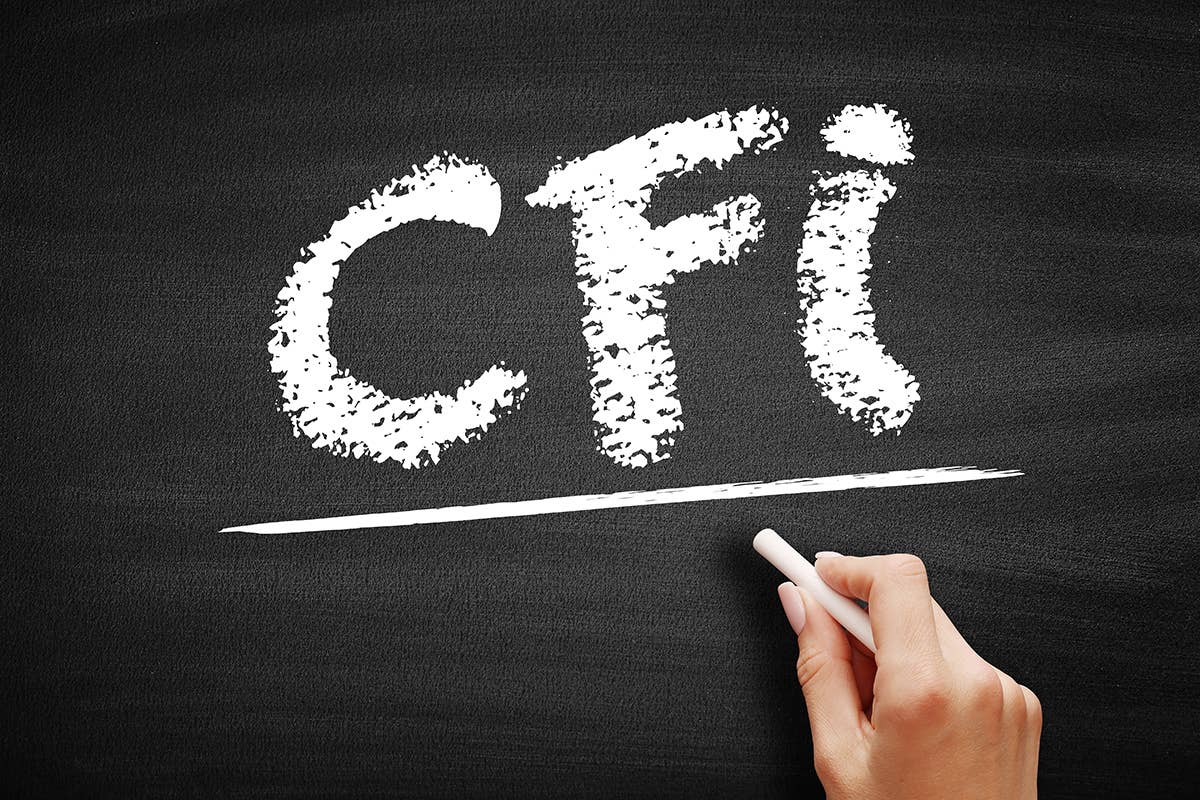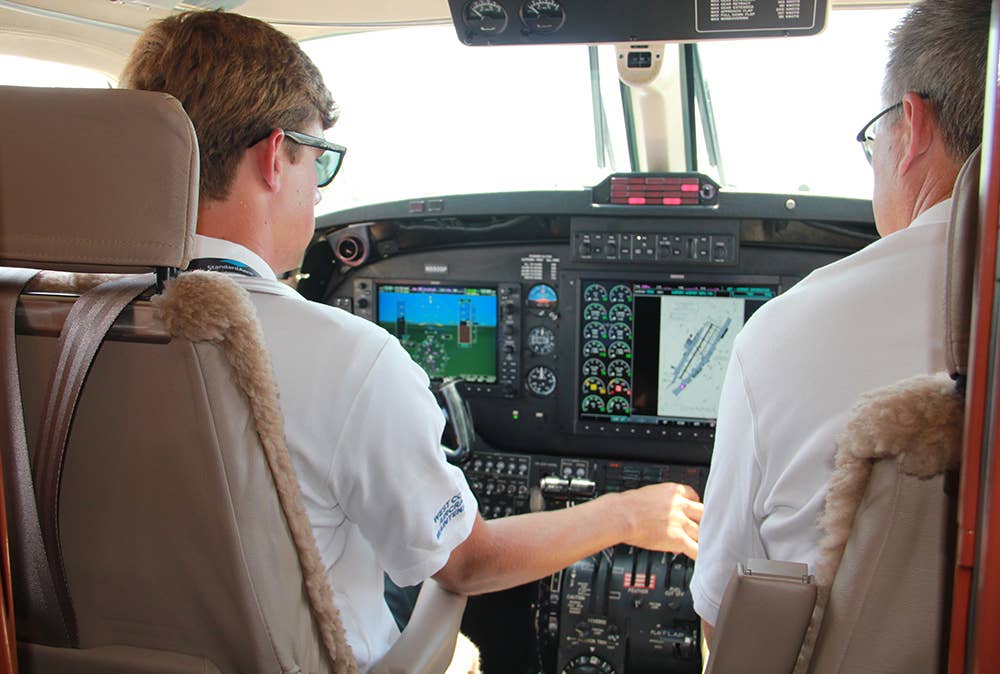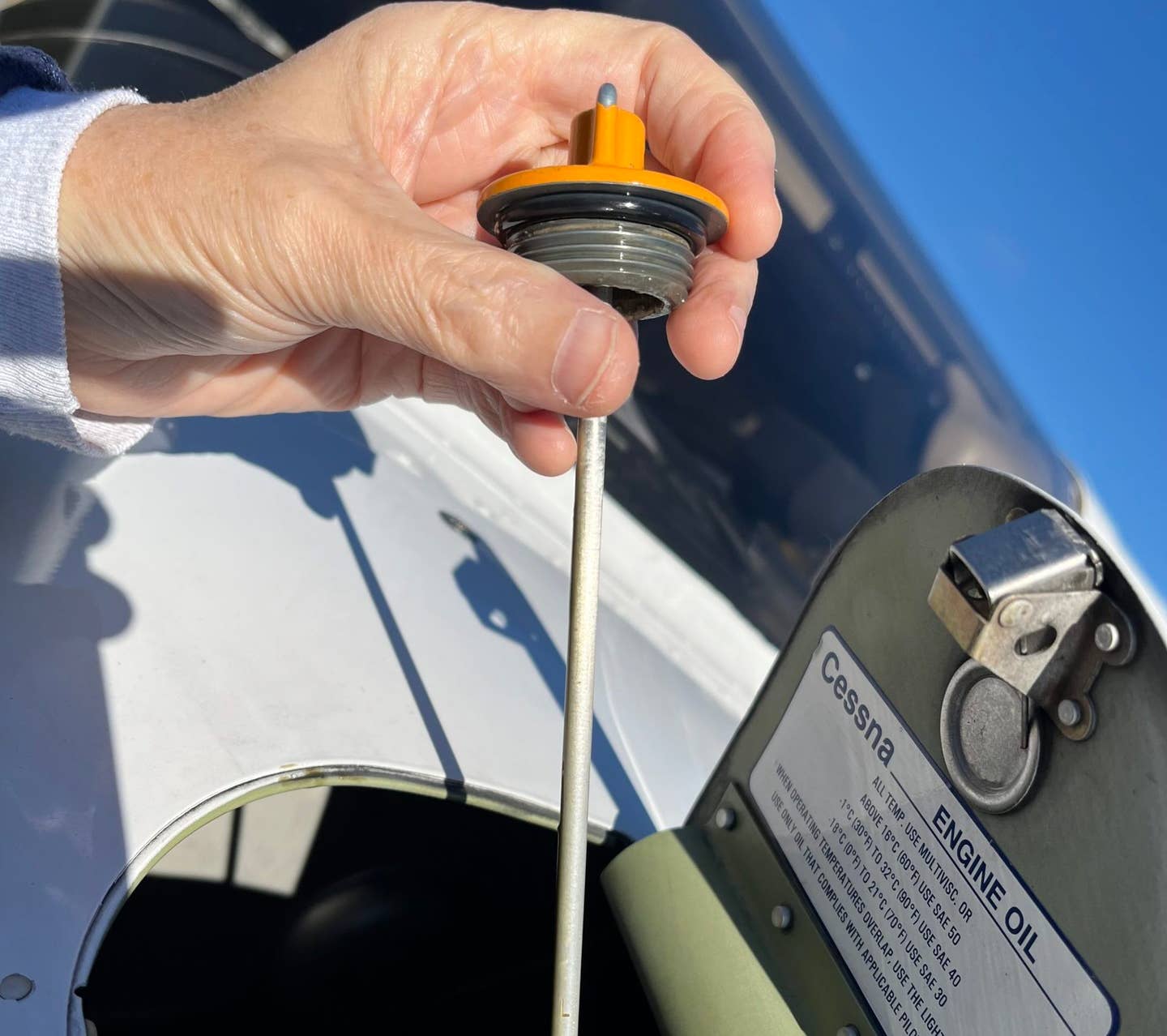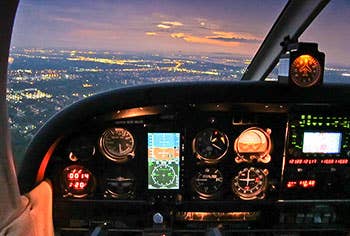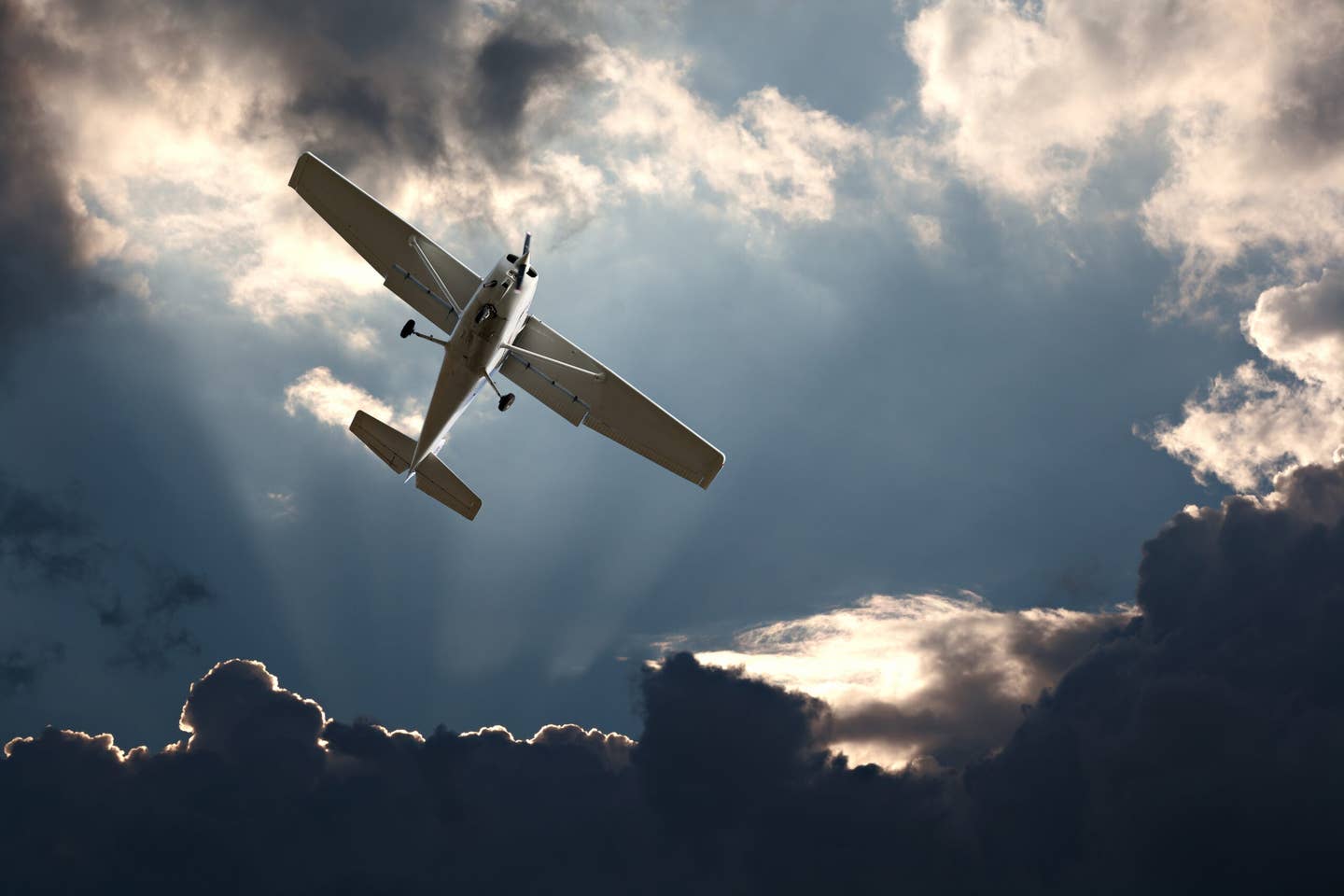Pilot Certification: You Have to Earn It
Endorsements are not guaranteed for the private pilot check ride applicants showing up unprepared and under-experienced.
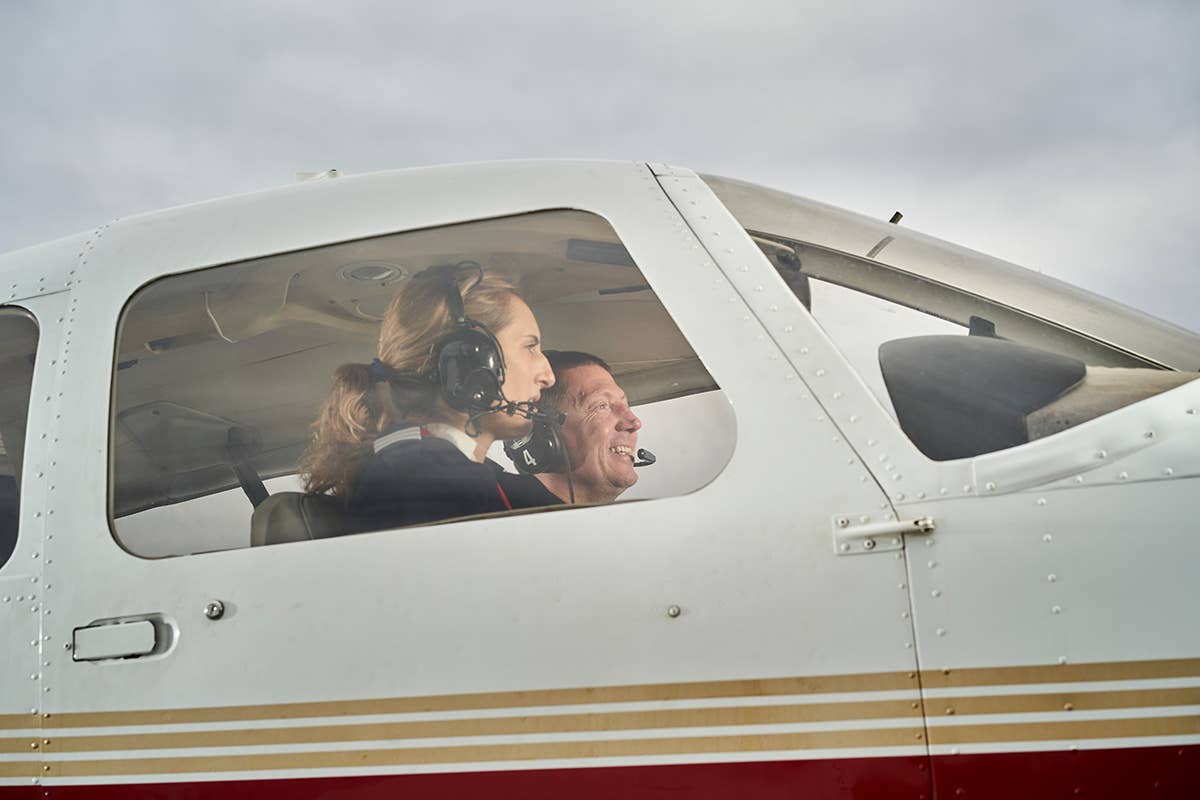
The high failure rate among first-time private pilot applicants may be caused in part by the “check the box” mentality that is prevalent in some flight training environments.
[Shutterstock]
Designated pilot examiner and FLYING contributor Jason Blair won the Internet last week with this line on his blog: Pilot certificates are not participation trophies. Well said, Mr. Blair, well said. The thought process behind the statement is that the high failure rate among private pilot applicants gives the impression that many are not being trained to minimum standards to achieve certification, rather the training is more like "check the boxes and go through the motions.’’
The Participation Trophy Mindset
Participation trophies have become cultural. If you are of a certain age and competed in anything during your childhood and youth—be it athletics, battle of the bands, speech club, etc.—you probably know what it is like to lose. Losing teaches a valuable life lesson: You can try your best but still fail. That is part of life. You learned from these failures. And when you were successful and came home with that medal, ribbon, trophy, or school letter you knew you earned it. Competition teaches a person how to work for something.
Blair noted in his blog that private pilot airplane single-engine land practical tests are "hovering in the 50-60 percent range" and, as he notes, that is a bad thing, as it is likely that weak foundational training will eventually come back to bite at the airline level.
He is not the only DPE [designated pilot examiner] noting these statistics. One of the common topics of discussion when I am in the company of CFIs [certified flight instructors] from the National Association of Flight Instructors and the Society of Aviation and Flight Educators (many of whom are also DPEs), is that there are a great many private pilot checkride applicants show up unprepared, under-experienced (such as missing the required number of night takeoffs and landings or check ride prep hours) and often unaware of what is expected of them. Some have not seen the airmen certificate standards (ACS) until the day of the check ride. They expect to pass the ride as a given.
Often a sense of entitlement goes hand in hand with the participation trophy mindset. Every flight instructor has or will have a story to tell about the learner who insisted the instructor sign them off for the check ride after they had met the experience requirements, although, in the opinion of the CFI, the applicant did not possess the proficiency to meet the minimum standards as set forth in the ACS.
Most instructors aren't going to put themselves into a position to risk their integrity, no matter how pushy the applicant is—but sometimes, it does happen. A former colleague told me about a time he was told to sign off a client for his instrument rating or lose his job. The learner in need of a check ride owned a Cessna 182 and was threatening to take his maintenance business elsewhere if the CFI did not sign him off for the ride. The would-be recommending CFI told the owner of the FBO that the applicant was not ready, explaining he did not meet the standards in both knowledge and flight proficiency. That didn't matter to the FBO owner, who repeated the ultimatum. The CFI could not afford to lose his job, so he signed off the applicant. The applicant failed the ride about 20 minutes into the oral exam. The applicant was furious, saying he had not been adequately prepared. The CFI now had a failure on his record, and the DPE who worked in-house at the FBO was displeased that the applicant had been signed off when it was obvious that he wasn't ready. The DPE, who had a waiting list of several weeks for check ride appointments, pointed out the four-hour block of time he set aside for the applicant could have been used for someone else, someone who was prepared to pass.
Check-the-Box Applicants
The high failure rate among first-time private pilot applicants may also be caused in part by the "check the box" mentality that is prevalent in some flight training environments. The business model is to push the applicants through as expediently as possible. Sometimes it works well for both parties. Other times, the applicant's weaknesses are not discovered until the checkride.
There was a particular DPE in my part of the world—we'll call him Mack—that one of the CFIs at the school called 50-Percent Mack because that was the pass rate for private pilots who went for their check rides with him. Mack was a graduate of a military academy and according to the unsuccessful applicants, he was stern and intimidating. I must note this was not my experience, nor that of my learners—all of whom passed their check rides with Mack. Full disclosure: I knew Mack before he was a DPE—he had been one of my CFIs, off and on as I earned the bulk of my certificates and ratings. To be fair, there were times I wanted to push him out of the airplane. Other times I was glad he was there. And of course, when I became a CFI, on those few times when things started to go sideways, I heard his words in my head as I recalled my training. I appreciated what I learned from him. Because of my history with Mack, I was put in charge of preparing the applicants for their check rides.
The school was the busiest one I have ever worked at. Check rides happened year round, sometimes two or three a day. Most of the CFIs spent six months to a year as instructors, then they were off to the airlines.
When the applicants met the experience requirements set forth in the FARs, the CFIs were signing them off and then moving on to the next client. It was not uncommon to log eight hours a day in the air. The attitude among some of the applicants was that they'd show up for the check ride, pay their money, spend some time with the DPE, and come home with a certificate. Unfortunately, often this was not the case.
There was a distinct pattern to the learners who failed: They had passed the knowledge test by rote, and often had not been taught how to apply the material. Some didn't understand why they were required to learn particular information for private pilot certification—one argued with me that he didn't need to the know the systems on the aircraft because he was not a mechanic, and another had the mindset that passing the knowledge test was the end of required study, saying, "My instructor told me I can look things up." This is a failure of both the CFI and the learner, as the CFI has the responsibility to ensure the learner understands what is being taught, why it is important and how to apply it.
One applicant was using a VFR sectional that was more than seven years out of date. He was on his third CFI—the first one who gave him the sectional was two states away. CFI no. 2 and 3 either hadn't noticed the out-of-date sectional or the message "it needs to be current" had not been processed. As you might expect, some of the information was out of date too. His mock ride prep turned into a ground lesson.
I let the recommending CFI know the applicant's deficiencies and we talked about how they could be addressed expediently. I gave the same list to the applicant—there were 10 items on it. Here's the scary part: the applicant told the recommending CFI he had "aced" the ground portion of the mock ride and he was "good to go." A discussion with the applicant followed—the whole purpose of the mock check ride is to find the soft spots before the DPE does—and shore them up.
DPEs are not supposed to teach during check rides—they can lose their positions as DPEs if they do so. CFIs conducting mock rides do not have this limitation, and training can take place. Most CFIs appreciate a second set of eyes as it were on their work, provided it is done in such a manner that the applicant gets value from the experience.
Preparing for the check ride can be a task in itself. The applicants need to make contact with the DPE before the check ride and when the appointment is made, the DPE usually sends a plan of action, which is basically a scenario they give the applicant for the check ride. The scenario usually involves planning a cross-country flight and determining the performance, and weight and balance of the aircraft.
The applicant plans the flight and brings the filled out navlog to the check ride. I must stress this, as one of my former coworkers had a private pilot applicant who showed up for a check ride without a completed paper navlog. The scenario involved the applicant and the DPE taking a Cessna 150 over the mountains in the winter. This would not be a smart move—the aircraft would be at gross weight and going over the mountains in the winter on one of our MVFR days, when the freezing level was at 4,000 feet—would be foolish. The applicant knew this, and that convinced him that the examiner was "kidding" when he assigned him the scenario to use, ergo, he didn't fill out the navlog. While the DPE applauded the applicant’s decision-making skills, he told him he needed to demonstrate his cross-country planning skills and assigned him another destination on the spot.
The examiner graciously gave the applicant an hour to get the paper navlog together and to determine the aircraft's performance. The applicant was not able to do the task on command—he told the examiner that he normally used an app to do the planning and performance and he couldn't remember how to do it any other way. After about a half an hour of struggling he was handed a pink slip. After remedial training he passed the check ride and there was great rejoicing, not only because he had passed the check ride and received his certificate—but also because he had earned it.

Sign-up for newsletters & special offers!
Get the latest FLYING stories & special offers delivered directly to your inbox

